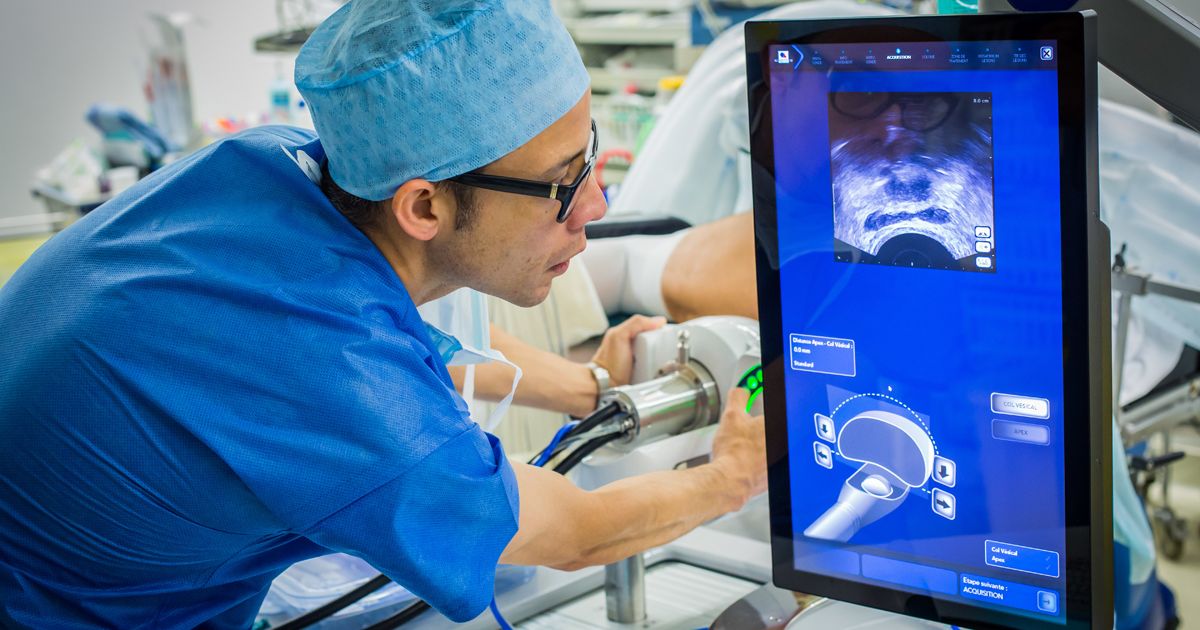Overview Of Prostate Cancer
Risk Factors

The four major risk factors for prostate cancer are age, race, family history, and obesity. For instance, the risk of developing prostate cancer increases as men age. Although the reasons are unknown, black men appear to be more at risk of developing prostate cancer than men of other races. They are also more likely to experience more advanced or aggressive prostate cancer cases.
Men who have relatives who had prostate cancer, they are more at risk of developing it than men without the family history. Furthermore, men who have a family history of the genes linked to an increased risk of breast cancer Viagra Generic 130mg (BRCA1 and BRCA 2) or have a strong medical history of breast cancer in the family, their risk of developing prostate cancer also increases. Finally, it is important to note obese men who also have prostate cancer may be more likely to have an advanced form of the disease and thus have cases more difficult to treat.
Complications

Complications in cases of prostate cancer may arise when the disease spreads to nearby organs, such as the bladder. The cancer may also spread throughout the bloodstream or lymphatic system to bones and other organs. Prostate cancer that has spread to the bones may cause bone pain and broken bones. It is particularly crucial to note if prostate cancer has spread throughout the body, although it may remain treatable, it is likely to require much harsher treatment measures and, unfortunately, is unlikely to be cured. Other complications include incontinence and erectile dysfunction.
